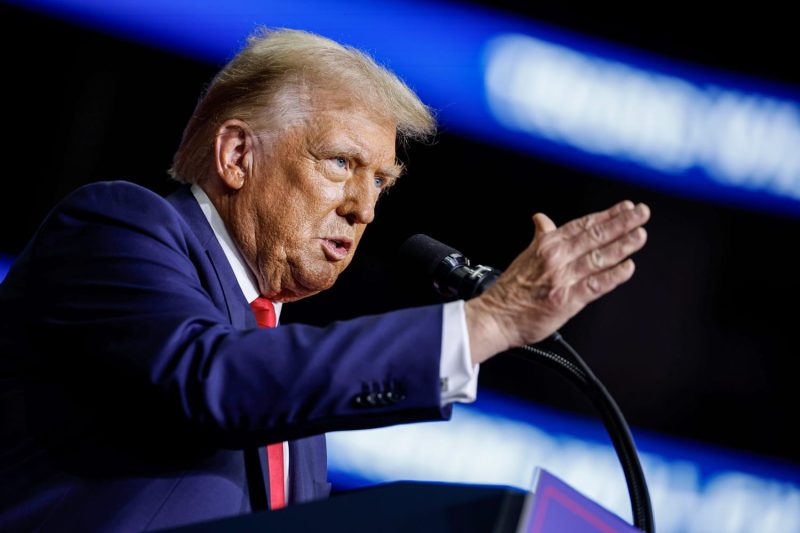In today’s global economy, the decisions made by political leaders can have far-reaching impacts on businesses both large and small. The recent tariff threats imposed by President Trump have sent shockwaves through the U.S. business community, causing companies to scramble for lobbyists and loopholes to mitigate the potential negative effects. This strategy is not new, as companies often turn to lobbying efforts to influence government policy in their favor. In this article, we will explore the implications of Trump’s tariff threats on U.S. businesses and the steps they are taking to navigate this uncertain landscape.
The uncertainty surrounding Trump’s tariff threats has created a sense of urgency among U.S. companies, prompting them to seek out lobbyists to represent their interests in front of policymakers. Lobbying has long been a common practice for businesses looking to influence government decisions that could impact their bottom line. By hiring lobbyists, companies hope to sway policymakers to either prevent the tariffs from being implemented or to secure exemptions for their specific industries. The use of lobbyists in this context underscores the high stakes involved for companies facing potential financial losses due to tariffs.
In addition to hiring lobbyists, U.S. companies are also exploring legal loopholes that could help them navigate the tariffs unscathed. Some companies are restructuring their supply chains or changing the classification of their goods to avoid the tariffs altogether. By finding creative ways to circumvent the tariffs, these businesses hope to protect their profit margins and maintain competitiveness in the market. However, relying on loopholes to bypass tariffs is a risky strategy, as governments can crack down on such practices and impose penalties for non-compliance.
The impact of Trump’s tariff threats extends beyond individual companies to the broader U.S. economy. The prospect of increased tariffs on goods imported from countries like China has raised concerns about rising prices for consumers and potential job losses in certain industries. The uncertainty caused by the tariff threats has also hurt business confidence and could lead to decreased investment and economic growth in the long run. As such, it is imperative for policymakers to carefully consider the consequences of implementing tariffs and to engage with stakeholders to find mutually beneficial solutions.
In conclusion, Trump’s tariff threats have put U.S. companies in a difficult position, forcing them to seek out lobbyists and loopholes to navigate the uncertain economic landscape. By employing these strategies, businesses hope to protect their interests and mitigate the potential negative impacts of tariffs on their operations. However, the long-term effects of these measures remain to be seen, as they could have unintended consequences for the broader economy. Moving forward, it will be essential for policymakers to engage with the business community and other stakeholders to find sustainable solutions that balance trade interests and support economic growth.


























